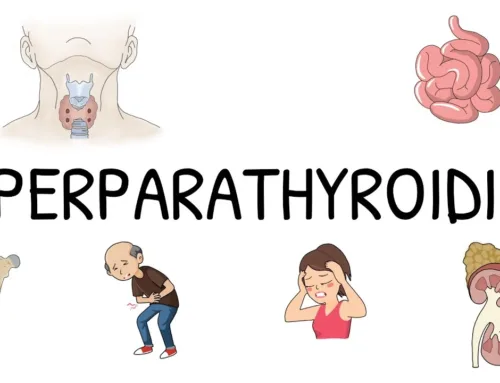
Diabetes is a disease that affects the way your body uses sugar. It causes a person’s blood sugar to be too high because their body cannot use it properly. Diabetes can lead to serious health problems such as heart disease, stroke, and kidney failure, but we all should know how Omega-3 helps with diabetes.
Consuming Omega 3s helps treat diabetes.
Omega-3s are polyunsaturated fat that can help reduce inflammation and lower your risk of heart disease. They can also help lower triglycerides, a type of fat that builds up in the blood.
Omega 3s have been shown to improve the function of insulin, which is important for managing diabetes because it regulates how much sugar gets into cells for energy or storage as glycogen (a form of carbohydrate).

Omega-3s can lower blood sugar and insulin resistance.
Omega-3s are a type of fat found in fatty fish and other foods. They help your body make important hormones for normal growth, brain development, and other functions.
In addition to lowering blood sugar levels, omega-3s may also help lower insulin resistance–a condition in which cells do not respond properly to the hormone insulin. Insulin helps move sugar (or glucose) out of the blood into cells, where it’s used for energy or stored as fat. Suppose you have high levels of insulin in your bloodstream for prolonged periods. In that case, it can cause damage to tissues throughout your body, including those in your eyesight and nerves leading to nerve problems such as tingling fingers or toes due to diabetes complications such as neuropathy.
Omega-3s may help to treat type 1 diabetes.
Omega-3s may help to treat type 1 diabetes. Omega-3 fatty acids can lower blood sugar, and insulin resistance, which can help people with type 1 diabetes manage their symptoms.
They may help you lose weight and reduce your risk of heart disease.
- Omega-3s might help you lose weight and reduce your risk of heart disease.
- Omega 3s are linked to lower body weight, better cholesterol, and lower blood pressure.
- They’re also thought to prevent heart disease by lowering blood triglycerides (fats) and reducing inflammation in the arteries.
Omega-3s may also help prevent type 2 diabetes.
Inflammation is associated with insulin resistance, and there’s some evidence that Omega-3 fats can help to reduce insulin resistance. Researchers from the School of Public Health at Imperial College London found that people with higher levels of DHA (one type of omega-3) in their blood were less likely to develop diabetes over ten years than those who had lower levels. The researchers estimated that eating fish once a week could reduce your risk by 16 percent!
The amount you need depends on your age and gender:
- For adults 18 years old or older, the recommended daily intake is 1 gram per day.
- For pregnant women, it’s 2 grams per day.
- Breastfeeding women should get 3 grams daily (but at most 5 g total).
Are Omega 3 Fats Good for Diabetes?
Omega-3 fatty acids are good for diabetes. They help treat diabetes and can lower blood sugar and insulin resistance. Omega-3s may also be beneficial in treating type 1 diabetes, but more research is needed to confirm this benefit.

Conclusion
In conclusion, omega-3 fatty acids are good for diabetes. They can help lower blood sugar levels and insulin resistance and reduce your risk of heart disease and obesity. If you want to know more about how they work or if they are right for you, talk with your doctor about taking an omega-3 supplement or eating more fatty fish like salmon!




Leave A Comment